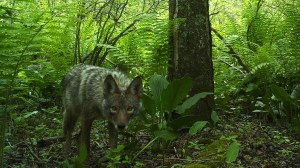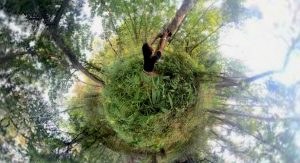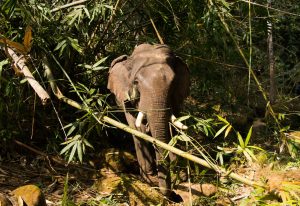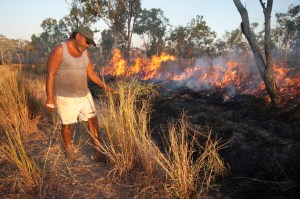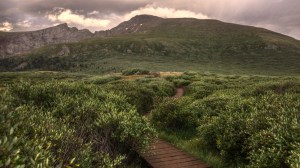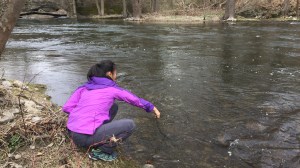Discover stories in Environments
Who’s Smiling on Canid Camera?
Three photos. Three questions. That’s all there is to it. Your identifications help give conservationists the information they need to restore young forests where wildlife thrives.
Deciding the Fate of Myanmar’s Forests
After decades of overharvesting, Myanmar’s forests teak are at a crisis point. But with recent political change comes great opportunity.
How Can We Protect Endemic Species in the Face of Urban Growth?
There will be almost 2 billion additional urban dwellers by 2030. In the face of this massive urban growth, how can we protect plants and animals that are endemic to different regions around the world?
Intense Human Pressure Threatens One-third of Protected Areas
Protected areas are the most common tool used by conservationists to protect biodiversity. But what if they don’t actually work?
In Pictures: A Journey Through Myanmar’s Great Teak Forests
A week spent living and working in an active logging camp deep in some of Myanmar’s best remaining teak forests where people are working to save their most valuable natural resource, before it’s too late.
New Research: Savanna Burning for Global Emissions Reductions
New research from The Nature Conservancy demonstrates that savanna fire management has the potential to significantly reduce greenhouse gas emissions.
Making Nature’s Value Visible (To All): Coral Reef Edition
To all the benefits of coral reefs, add one more: flood reduction. Without coral reefs, annual global damages from flooding would double.
The Path Less Instagrammed
Social media sites are exponentially increasing the number of people at some of the world’s most famous outdoor places. But it doesn’t have to be that way.
Solving (Part of) the Urban Forest Paradox
Power to the Trees: New research from TNC and NASA shows targeted urban reforestation efforts can provide meaningful public health benefits in terms of reduced mortality and morbidity.
Giving Back to the Ocean: Citizen Science for Clean Water
Poor water quality in Hawaii's oceans degrades corals, threatening the fish and other creatures (including people) that rely on them. A dedicated group of citizen scientists gather water samples from 48 monitoring sites off the coast of Maui.
Poachers Are Killing Asian Elephants for Their Skin
Already besieged by habitat loss, Myanmar’s wild elephants face a new threat — poachers who hunt them for their skin.
Aquanauts Join Forces with The Nature Conservancy to Monitor River Restoration!
In preparation for the removal of the Columbia Lake Dam and restoration of the river, the Aquanauts and The Nature Conservancy team up for a citizen science monitoring project.
